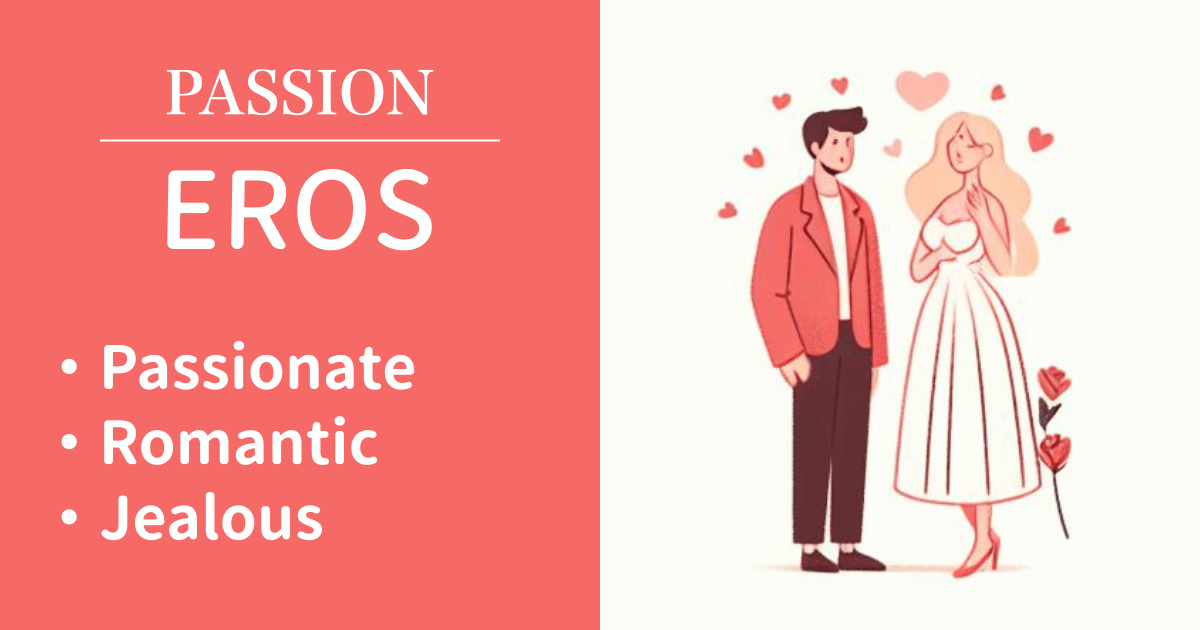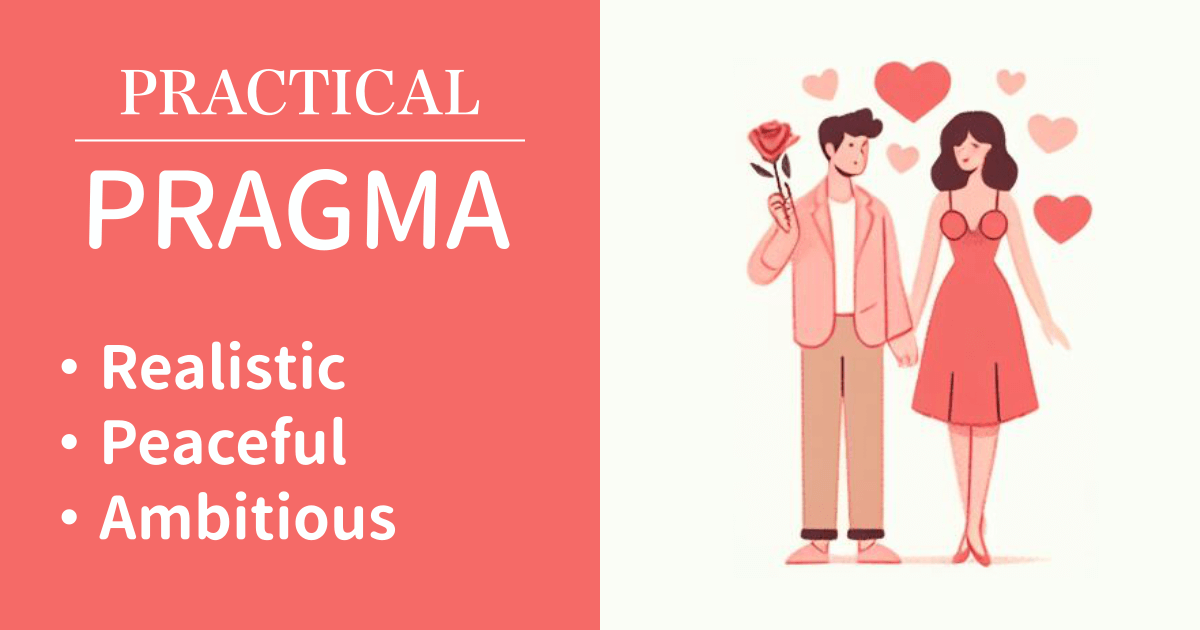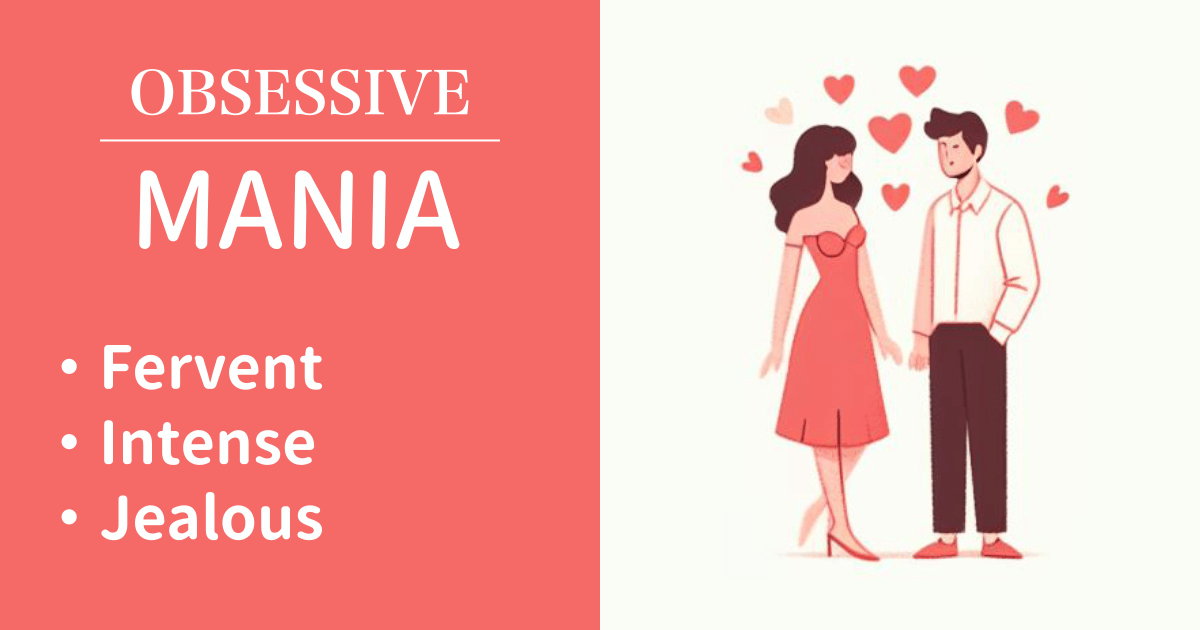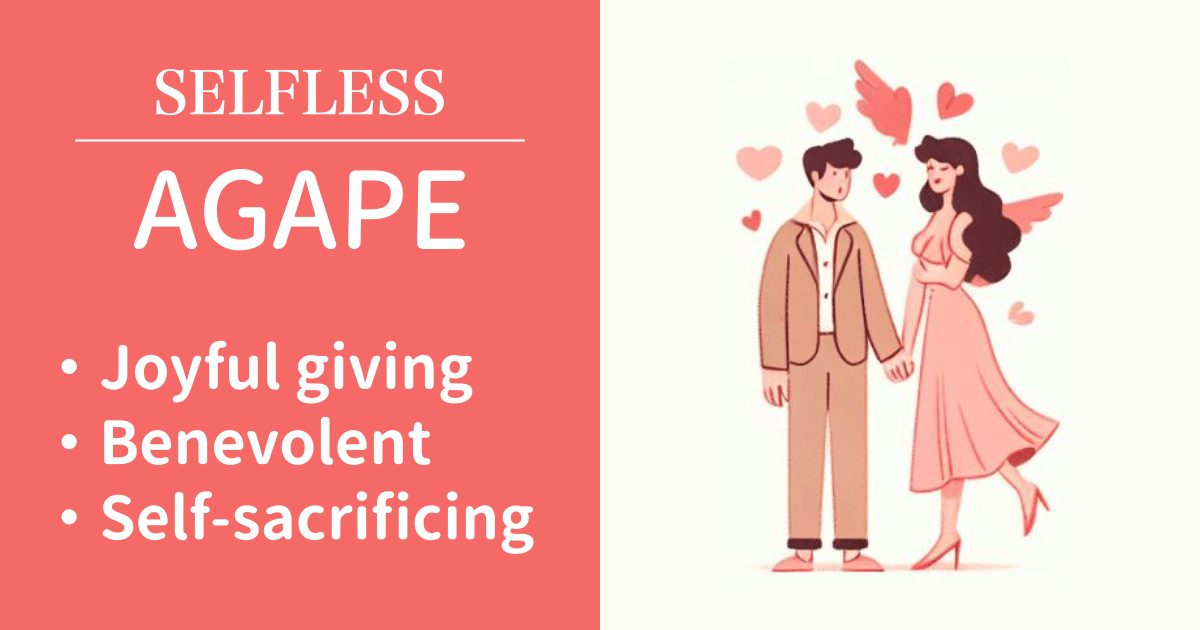
What type of love style do you think you have? The Hitostat Love Styles Test is based on the 'Lee's Color Wheel Theory of Love' proposed by psychologist John Lee. By answering 30 questions, you can discover which of the six love types best describes you.
Lee's Color Wheel Theory of Love categorizes how people approach and experience love. Based on the Greek concepts of love, it was developed by Canadian psychologist John Alan Lee in the 1970s. Lee proposed six primary love styles: Eros (romantic love), Ludus (playful love), Storge (friendship-based love), Pragma (practical love), Mania (obsessive love), and Agape (selfless love). Each style influences how individuals behave in relationships, shaping their values, expectations, and ways of expressing love.





